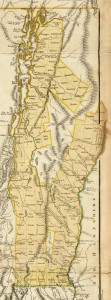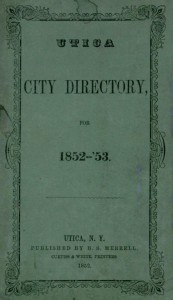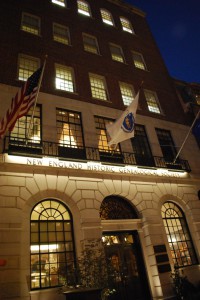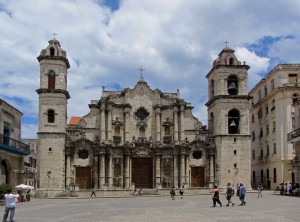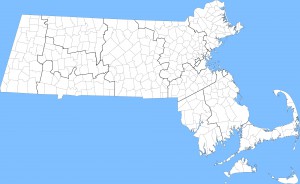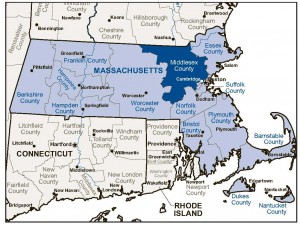
Middlesex County was created on 10 May 1643 as one of the original four counties of the Massachusetts Bay Colony. The other original counties were Essex, Suffolk, and a now extinct Norfolk – a name later reused for a different geographic region in the state.
At its founding, Middlesex County covered a broad swath of Massachusetts. The county was bordered to the north by New Hampshire, to the east by Essex County, to the south by Suffolk County, and to the west by New York – until Hampshire County was created in 1662. Continue reading Middlesex County probate records now online
